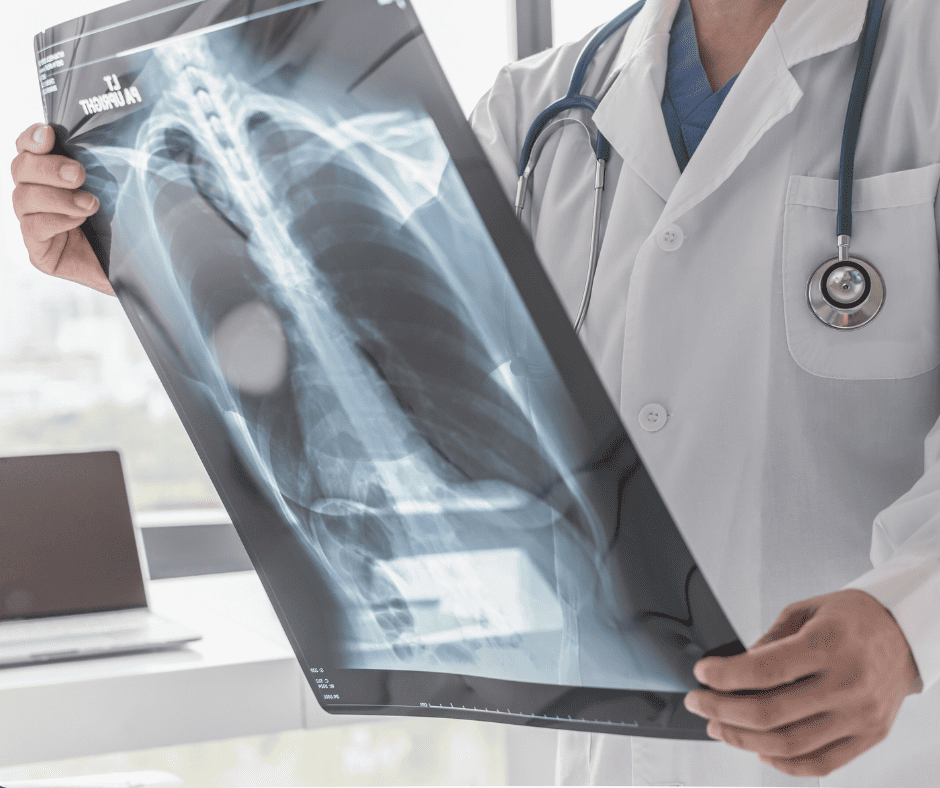Raising Awareness for Lung Cancer: why early detection matters
On World Lung Cancer Day, we highlights the urgent need for early detection, equitable access to screening, and greater public awareness.

Every year on August 1st, the world marks World Lung Cancer Day – a reminder not only of the global burden of the disease but also of the importance of early detection, education, and equitable access to care.
According to the World Health Organization, lung cancer remains the leading cause of cancer-related deaths worldwide. And yet, public awareness around the disease’s symptoms, risk factors, and diagnostics remains alarmingly low.
1. Lung cancer Is not just a smoker's disease
While smoking remains a major risk factor, it's not the only one. Roughly 10–20% of those diagnosed with lung cancer have never smoked.
Other factors include:
- Long-term exposure to air pollution
- Occupational hazards, such as asbestos and radon
- Second-hand smoke
- Genetic predisposition
Stigma around lung cancer can delay diagnosis and reduce empathy for those affected. No one deserves cancer. Everyone deserves care.
2. Symptoms are often overlooked
Lung cancer doesn't always announce itself early. Its symptoms often seem mild or unrelated until the disease has advanced.
Key symptoms to watch for:
- Persistent cough
- Shortness of breath
- Chest pain
- Unexplained weight loss
- Hoarseness or fatigue
If you or someone you know experiences these signs, especially with additional risk factors, speak to a doctor.
3. Early detection saves lives
Low-dose computed tomography (LDCT) is a proven method to detect lung cancer in its early stages. This type of screening can significantly increase survival rates when applied to high-risk groups. Unfortunately, in many parts of the world – including Ukraine – access to such diagnostics remains limited. That must change. We will try.
4. What needs to happen in Ukraine
In the context of ongoing war, displacement, and healthcare system strain, many Ukrainians miss regular check-ups and diagnostic testing.
At Mission Kharkiv, we see this reality every day:
- Patients presenting late with advanced symptoms.
- Limited access to imaging in frontline or rural regions.
- Financial and logistical barriers to oncology care.
Improving early detection of lung cancer requires:
- Public awareness campaigns.
- Training for primary care providers.
- Donor support for portable screening equipment.
- Policy change and integration into national cancer strategies.
5. What you can do today
Share this article – someone in your network may need it. Talk to your loved ones about symptoms and risk factors. Support us, we advocate for access to cancer diagnostics in under-resourced areas. Information can save lives. Silence cannot.
Stay connected with us
Whether you’re interested in becoming a partner, have a question or need support, we’re here for you. Fill out the form below to get in touch


.jpg)

.jpg)
.jpg)